Disclosure: This article contains affiliate links. We may earn a commission from purchases at no extra cost to you, which helps our travel content.
As our vehicle wound through the immaculately maintained streets of Kigali, I found myself repeatedly checking Google Maps to confirm we were indeed in the heart of an African capital. No litter marred the pristine sidewalks, no chaotic traffic snarled the orderly roundabouts, and the carefully manicured green spaces rivaled those of Zürich or Singapore. Rwanda's capital has undergone a remarkable metamorphosis that defies Western stereotypes and offers business travelers a compelling glimpse into Africa's future.
A Phoenix Rising: Kigali's Remarkable Transformation
Twenty-nine years ago, Rwanda lay shattered by one of history's most horrific genocides. Today, Kigali stands as testament to human resilience and vision—a city reborn through deliberate policy, collective action, and unwavering commitment to sustainable development.
My journey began at the Kigali Genocide Memorial, a necessary pilgrimage for any visitor seeking to understand Rwanda's context. The memorial—built on a site where over 250,000 victims are buried—presents the horrific events of 1994 with dignity and purpose. It's a sobering experience that frames everything else you'll encounter in Rwanda. I found myself sitting quietly in the memorial gardens afterward, processing what I'd witnessed while watching butterflies flit between flowering bushes—nature's small reminder of renewal.
Kigali's physical transformation is equally profound. The government's ambitious 'Vision 2050' masterplan is evident everywhere, from the gleaming Kigali Convention Centre (whose dome lights up in the national colors each evening) to the meticulously planned neighborhoods spreading across the city's undulating hills. Most remarkable is what you don't see: plastic bags have been banned since 2008, and monthly community cleanup days (called 'Umuganda') ensure no litter lingers for long.

💡 Pro Tips
- Visit the Kigali Genocide Memorial early in your trip to gain essential historical context
- Download the Safe Boda app for reliable motorcycle taxi service around the city
- Exchange money at official bureaus rather than informal street vendors
Green Lungs and Business Hubs
For the business traveler with limited leisure time, Kigali offers accessible green spaces that provide welcome respite between meetings. My personal favorite is Nyandungu Urban Wetland Eco-Tourism Park—a 121-hectare environmental restoration project that transformed a degraded wetland into an ecological sanctuary. Walking its boardwalks at dawn, I spotted grey crowned cranes and various waterfowl while locals jogged past or practiced tai chi in dedicated exercise areas.
For those needing to stay connected, I found the portable wifi hotspot invaluable throughout Rwanda. While major hotels offer reliable internet, having your own connection means uninterrupted video calls and data access across the city.
The Kigali Innovation City (KIC) exemplifies Rwanda's ambition to become East Africa's technology hub. This special economic zone houses the Carnegie Mellon University Africa campus alongside incubators and technology companies. I arranged a tour through my hotel's business center and was impressed by the collaborative workspaces and entrepreneurial energy—a stark contrast to the traditional image of African economies.

💡 Pro Tips
- Visit Nyandungu Eco Park early morning (6-8am) for best wildlife viewing and cooler temperatures
- Most business centers close by 5pm, so schedule meetings accordingly
- Rwanda uses Type C and J electrical outlets; bring a universal adapter for your devices
Cultural Renaissance and Culinary Discoveries
Rwanda's cultural rebirth parallels its urban transformation. The Inema Arts Center, housed in a converted residence in the Kacyiru neighborhood, showcases contemporary Rwandan artists whose work grapples with national identity, reconciliation, and future aspirations. I spent a delightful afternoon browsing the galleries and chatting with resident artists who were eager to share their perspectives on Rwanda's evolution.
Kigali's culinary scene reflects both traditional influences and cosmopolitan ambitions. For business lunches, I recommend Repub Lounge in Kimihurura, where the partially covered terrace offers panoramic city views and the menu features refined Rwandan classics alongside international options. The brochettes (grilled meat skewers) are exceptional, particularly when paired with a cold Virunga beer.
For coffee enthusiasts, Rwanda's elevation and volcanic soil produce exceptional beans. Question Coffee not only serves superb single-origin pour-overs but also runs a barista training program empowering women in the coffee industry. I picked up several bags of beans as gifts, along with a manual coffee grinder to maintain my morning ritual during subsequent travels in less caffeine-forward regions.
Evening entertainment options continue to expand. Kigali's rooftop bars offer sophisticated nightcaps with views across the city's twinkling hills. For something more cultural, check the schedule at the Rwanda Arts Initiative, which hosts everything from poetry slams to jazz performances by local musicians.

💡 Pro Tips
- Tipping is not expected but appreciated (10% is generous) in restaurants
- When photographing people, always ask permission first—Rwandans are generally friendly but value their privacy
- Many arts venues close on Mondays; plan cultural activities for other days
Sustainable Tourism and Business Practices
Rwanda's commitment to sustainability extends beyond city cleanliness to a comprehensive national ethos. The country banned plastic bags long before it became fashionable elsewhere, and single-use plastics are increasingly restricted. As a visitor, I recommend bringing a collapsible water bottle and reusable shopping bag to align with local practices.
For business travelers with sustainability commitments, Kigali offers encouraging infrastructure. Many hotels have robust environmental programs, with the Kigali Marriott leading through its water conservation system and locally-sourced supply chain. When booking accommodation, look for properties certified by Rwanda's Sustainable Tourism certification program.
Transportation within Kigali deserves special mention. The city has invested in dedicated bus lanes, cycling infrastructure, and pedestrian zones. For short distances, I found the motorcycle taxis (operated via the Safe Boda app) efficient and surprisingly well-regulated—drivers provide helmets and follow traffic rules meticulously. For longer journeys or business meetings, pre-arranged cars through your hotel are most reliable.
As Rwanda positions itself as a conference destination, the Kigali Convention Centre exemplifies the integration of sustainability and business functionality. The complex includes a 5-star Radisson Blu hotel, multiple conference facilities, and an auditorium—all designed with energy efficiency and water conservation principles. During my visit, the centre was hosting an African fintech conference, with delegates from across the continent discussing digital payment systems and financial inclusion.

💡 Pro Tips
- Download the Safe Boda app for reliable motorcycle taxi service
- Carry a reusable water bottle—tap water isn't potable, but filtered water stations are increasingly available
- Request electronic receipts where possible—Rwanda is moving toward paperless systems
Final Thoughts
As my weekend in Kigali drew to a close, I found myself reflecting on the profound lessons this remarkable city offers. Beyond its immaculate streets and orderly development lies a deeper narrative about vision, collective action, and the possibility of transformation against seemingly impossible odds. For business travelers, Kigali presents not just a functional destination but a thought-provoking case study in sustainable development and post-conflict reconstruction.
The city challenges Western preconceptions about African urban spaces and offers glimpses of alternative development pathways. While acknowledging that Rwanda's political model has its critics, the tangible achievements in public safety, infrastructure, and environmental stewardship are undeniable.
As I boarded my flight at the efficient Kigali International Airport (soon to be replaced by the even larger Bugesera International Airport), I carried with me not just memories and coffee beans, but questions about what other cities might learn from Kigali's renaissance. In a world grappling with environmental degradation and social division, Rwanda's capital offers hopeful evidence that with vision and commitment, remarkable transformation is possible—even from the darkest of starting points.
✨ Key Takeaways
- Kigali demonstrates how strong governance and collective action can transform urban environments
- Rwanda's focus on cleanliness and order extends to comprehensive sustainability practices
- Business infrastructure is rapidly developing, making Kigali an emerging conference and innovation hub
- Understanding Rwanda's history is essential context for appreciating its current development trajectory
📋 Practical Information
Best Time to Visit
Year-round (temperatures remain consistent due to elevation; June-August and December-February typically have less rainfall)
Budget Estimate
$150-250/day for mid-range business travel (accommodation, meals, transportation)
Recommended Duration
2-3 days for business visitors; add 3-5 days if including gorilla trekking excursions
Difficulty Level
Easy
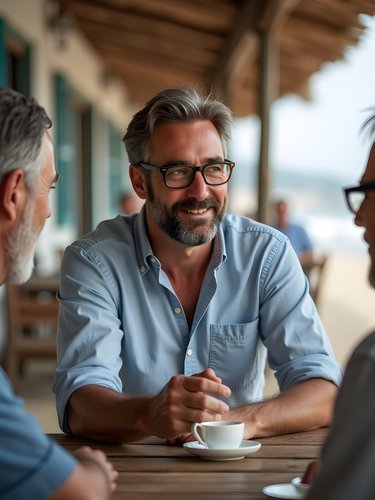
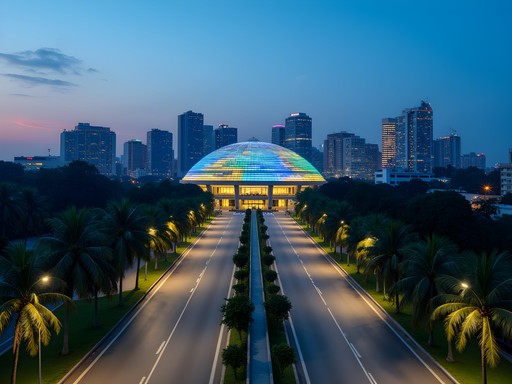





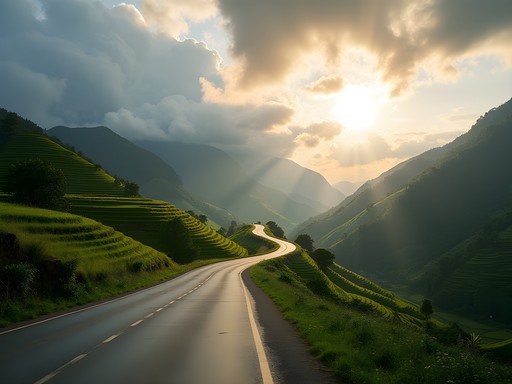
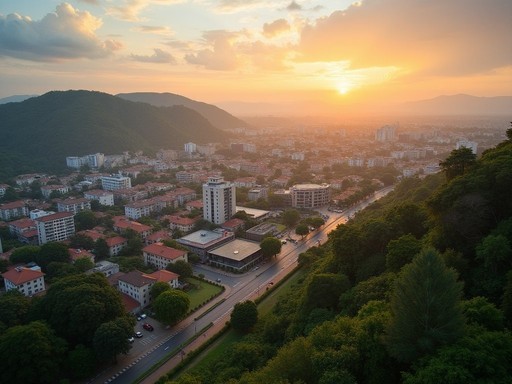
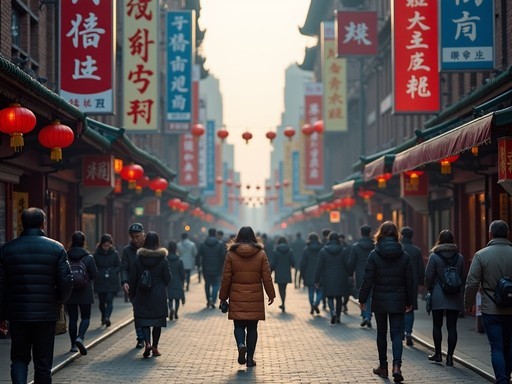
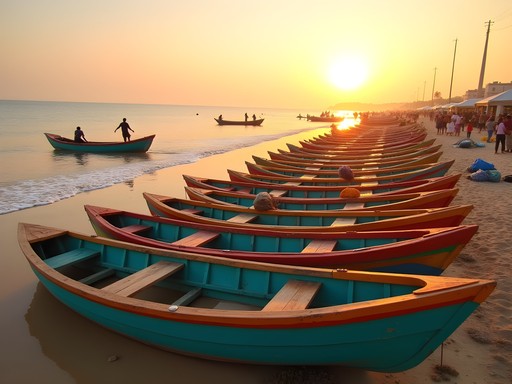
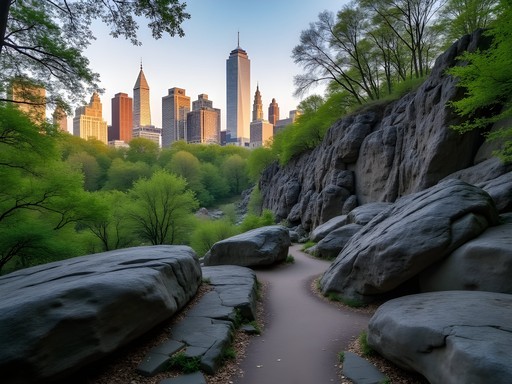
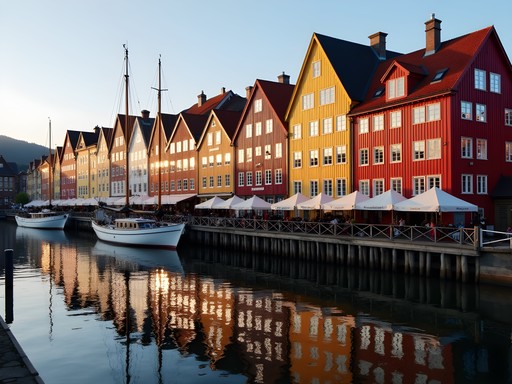
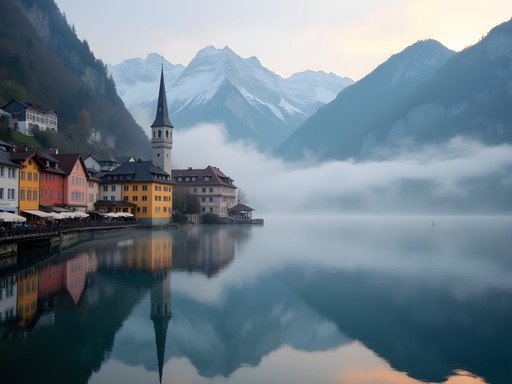
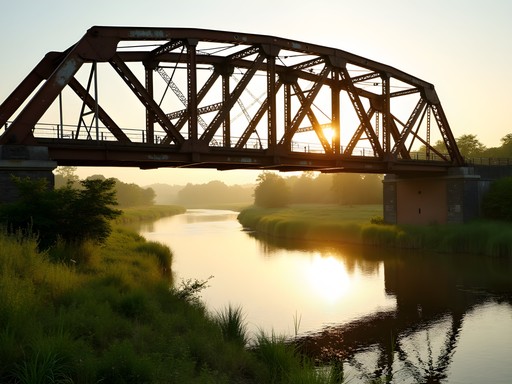
Comments
blueguide
Great post! Just want to add that the plastic bag ban is SERIOUS there - they actually check your luggage at the airport. Don't bring any plastic bags or you'll have to throw them out. Learned that the hard way lol. But honestly it's part of what makes the city so clean and it's cool to see a country actually enforcing environmental rules.
Timothy Jenkins
Excellent piece, Edward. I was in Kigali in 2025 and your observations about the cultural renaissance really resonate. The Kigali Genocide Memorial is profoundly moving and essential for understanding the country's journey. What struck me most was the palpable sense of hope and forward momentum - you feel it in conversations with locals, in the ambitious architecture, in the way the city presents itself. It's a masterclass in national reinvention. For anyone visiting, I'd also recommend taking a day trip to Lake Kivu - stunning scenery and a different pace from the capital.
moongal
Adding Lake Kivu to my list! thanks for the tip
roamseeker9658
What about gorilla trekking? Is that something you can organize from Kigali or do you need to go elsewhere?
blueguide
You book it from Kigali but the actual trekking is in Volcanoes National Park, about 2-3 hours drive from the city. Totally worth it though! Just book permits way in advance because they sell out
Marco Flores
Edward, this captures Kigali perfectly! I visited last year and was blown away by the same things. The motorcycle taxi system is incredible - downloaded the app and got around so easily. Also, if anyone's planning to go, don't miss the Inema Arts Center. I spent an entire afternoon there chatting with local artists and it was one of those unexpected moments that made the trip unforgettable. The contemporary art scene there is seriously thriving.
wanderluststar
How many days would you recommend for Kigali? Also is it easy to get around without speaking French?
Edward Hill
Hi! I'd say 2-3 days is perfect for Kigali itself. English is widely spoken, especially in tourist areas and hotels, so you'll be absolutely fine. Most young people speak excellent English actually!
wanderluststar
Thanks so much! That's really helpful
moongal
wow this is amazing!! never thought about visiting Rwanda but now I really want to go
blueguide
You should definitely go! It's honestly one of the most underrated destinations in Africa
Gregory Boyd
Edward, excellent write-up on Kigali's transformation. I've been tracking Rwanda's development since 2010, and the progress is remarkable. What many readers might not realize is how intentional this cleanliness is - plastic bags are actually banned nationwide, which contributes significantly to the lack of litter. The monthly community cleaning day (Umuganda) is another fascinating cultural practice that more countries could learn from. For visitors, I highly recommend exploring the Nyamirambo neighborhood for a more authentic experience away from the business district. The Women's Center there offers excellent walking tours led by locals. Also worth noting that the public bus system is efficient and incredibly affordable - I navigated the entire city for less than $5 a day using it.
Edward Hill
Thanks Gregory! Great tip about the Nyamirambo Women's Center tours - I didn't get a chance to do that but have heard excellent things. The plastic bag ban is indeed fascinating and clearly effective. Did you make it to any of the rural areas outside Kigali?
Gregory Boyd
Yes, I spent time in the northwest near Musanze and Gisenyi. The contrast between urban Kigali and rural Rwanda is interesting, but the cleanliness ethic extends nationwide. Even small villages maintain immaculate public spaces. The terraced farming in the hills is also an impressive example of sustainable agriculture worth seeing.
blueone
How expensive is Kigali compared to other African cities? Planning a budget trip through East Africa next year.
Gregory Boyd
I found Kigali to be moderately priced by African standards. Accommodation runs higher than in Tanzania or Uganda, but food can be quite affordable if you eat at local spots. Budget $40-60/day for backpacker level, more if you want Western amenities. The Rwanda Lonely Planet has good budget tips. Public buses are incredibly cheap and well-maintained - definitely use those to save money!
nomadbackpacker1438
Just got back from Rwanda last month and can confirm everything in this article! Kigali blew me away - it's spotless, safe, and the coffee scene is AMAZING! Don't miss out on Question Coffee or Inzora Rooftop Cafe. The views are incredible and the locally-sourced beans are some of the best I've had anywhere in the world!
Mason Ferrari
I visited Kigali last year and was equally impressed by its cleanliness and organization. What struck me most was the monthly community service day called 'Umuganda' where everyone participates in cleaning and improvement projects. It's a fascinating example of how cultural practices can shape urban development. The Genocide Memorial is also a must-visit, though emotionally challenging. It provides crucial context for understanding Rwanda's remarkable transformation. I found using the motorcycle taxis (boda bodas) was the most efficient way to navigate the hilly terrain, though you should always negotiate prices beforehand.
blueone
Did you feel safe on those motorcycle taxis? I've heard mixed things about them in other African countries.
Mason Ferrari
In Kigali, they're surprisingly regulated and safe. Drivers wear helmets and carry an extra one for passengers. They're also tracked via an app system in many cases. Much more organized than what I've experienced elsewhere in East Africa.
Venture X
Premium card with 2X miles, $300 travel credit, Priority Pass